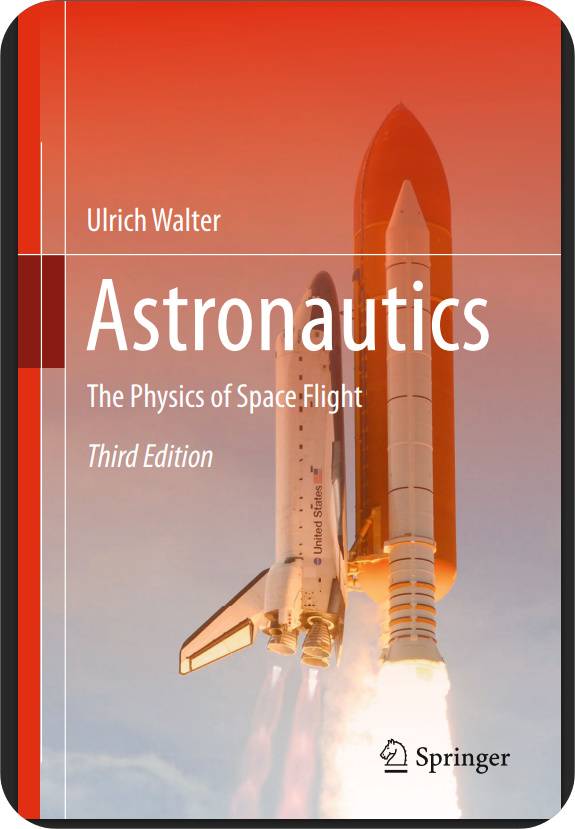Epigraph on the book claims Jane Eyre to be the romantic novel of the times but I’d like to add, its more than that, it is a web of complex emotions and thoughts being felt and expressed by the protagonist right from the age of nine till the age of twenty.
All the ideas and the corresponding events are presented in rhetorical manner, which keeps the reader hooked on with the scenes throughout the novel. The beautiful and though provoking maxims here and there leaves a profound impact into the mind of the readers even when the book is shut. Amongst all, my personal favorites are:
“Life appears to me too short to be spent in nursing animosity or registering wrongs.” Ch-6
“That night, on going to bed, I forgot to prepare in imagination the Barmecide supper, of hot roast potatoes, or white bread and new milk, with which I was wont to amuse my inward cravings. I feasted instead on the spectacle of ideal drawings, which I saw in the dark – all the work of my own hands.” Ch-8
“Women are supposed to be very calm generally: but women feel just as men feel; they need exercise for their faculties, and a field for their efforts as much as their brothers do; they suffer from too rigid a restraint, too absolute a stagnation, precisely as men would suffer; and it is narrow-minded in their more privileged fellow-creatures to say that they ought to confine themselves to making puddings and knitting stockings, to playing on the piano and embroidering bag.” Ch- 12
“The ease of his manner freed me from painful restraint; the friendly frankness, as correct as cordial, with which he treated me, drew me to him.” Ch-15
“Prejudices, it is well known, are most difficult to eradicate from the heart whose soil has never been loosened or fertilised by education: they grow there, firm as weeds among stones.” Ch-29
“I have not much pride under such circumstances: I would always rather be happy than dignified.” Ch-34
(Spoiler alert!)
Jane Eyre is an orphan without wealth and social standing. As the book opens, we find her living at her cousins’ place and later deported to a charitable school. The social scenario of the school reminds me of the times depicted in Dickens’ Oliver Twist that was published nine years before the current novel.
After spending nine years at school, she moves to Thornfield Hall, as a governess to a rich pupil. There she meets Edward Rochester and despite difference in nature and mannerism, falls for him. However, the love affair does not reach marriage in one go. Rochester’s first marriage comes as a severe blow to her and she, in spite against her heart’s wishes, leaves the place and his offer. Eyre then moves to another place and into the lives of the Rivers whom she discovers, as the plot unfolds, her cousins. As the time passes on, Mr. River who happens to be a clergyman asks her to marry him. Jane tries her best to convince that she is not in love with him and respects him as her elder brother. But Mr. River remains adamant in his feelings and offer thereupon Jane decides and returns to Thornfield Hall.
On reaching back, she gets to know the wretched life that Edward Rochester is living and the tragedy that befell him. She feels sorry for him, goes to an adjoining place in search for him, and finally meets him and thereupon, by the end of the novel both settle in matrimony.
Although I had read this book when I was in high school but couldn’t stop myself reading it again, such is the charm of the finest classics in the treasure of English literature. Love never ages and so does a good book; Jane Eyre is one such classic publication that never stops reverberating sympathetic portrayal of characters and the times.




